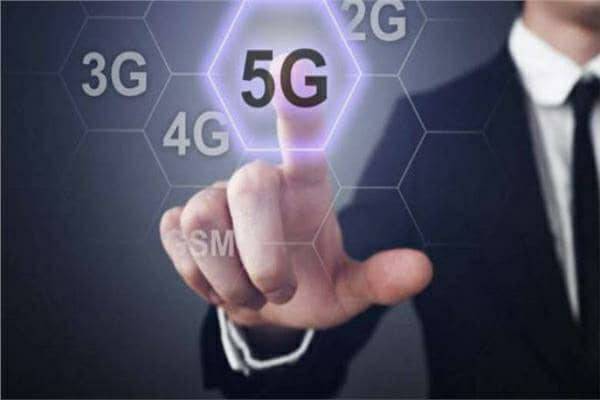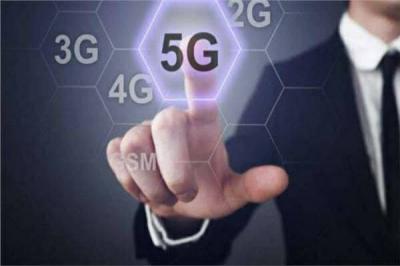Some scientists have called for a halt to the global rollout of 5G networks until health concerns regarding them are addressed.
As humanity concludes the year 2020, most people eagerly anticipate the launch of new 5G networks for their smartphones. While telecommunications giants have promised that this new network will provide more communication capacity and quality than ever before, there are still concerns about what these high-power signals will do to human health. A professor from the University of Edinburgh has taken a step further in this matter, urging both countries and network providers to stop their deployment until it can be proven that their radio waves are safe for humans. In an opinion article published in the Journal of Epidemiology and Community Health, Professor John William Frank from the Usher Institute at the University of Edinburgh stated that radiofrequency electromagnetic fields (RF-EMFs) could be harmful to humans. It is noteworthy that the density of the transmitters needed for 5G communications will ultimately expose more people to high levels of electromagnetic radiofrequency.
**Are 5G Networks Being Launched Without Any Assessment of Their Impact?**
In fact, 5G networks are celebrated worldwide as a new era in telecommunications, as they will bring many economic benefits and lifestyle improvements to mobile phone and internet users. However, the health impacts of these radio waves still provoke debate among scientists. Professor Frank argues that there are four critical areas of concern that have not been addressed regarding 5G networks:
First, there is a lack of clear information about the technology used by telecommunications companies to create 5G networks. Second, there is an increasing amount of research indicating that radiofrequency electromagnetic fields have a negative impact on human biology. Third, Frank contends that there is an almost complete lack of epidemiological studies exploring the health effects of exposure to 5G networks. Fourth, Frank is concerned about new health studies showing evidence that exposure to third and fourth generation networks may also cause health issues.
Finally, Frank points to allegations that some national telecommunications regulatory authorities do not base the safety standards for radiofrequency electromagnetic fields used in 5G networks on modern science, as more stringent policies may create conflicts of interest. Although some other studies have claimed that 5G networks are generally harmless to humans, Professor Frank argues that many of them have had "varying scientific quality." He adds that there is a growing number of engineers, scientists, and doctors internationally calling on governments to raise their safety standards regarding radiofrequency electromagnetic fields, commission more precise and objective research, cease further increases in exposure to radiofrequency electromagnetic fields, and provide clearer evidence regarding their safety for humans.




